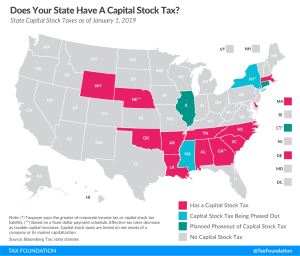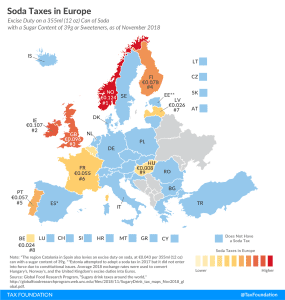
All Related Articles
9232 Results

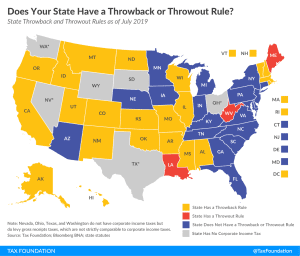

Standard VAT Rate on German Meat?
2 min read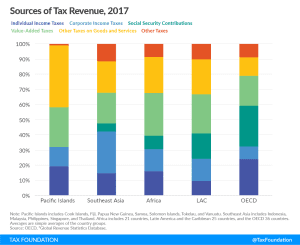
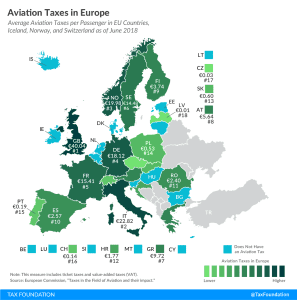
Aviation Taxes in Europe
1 min read

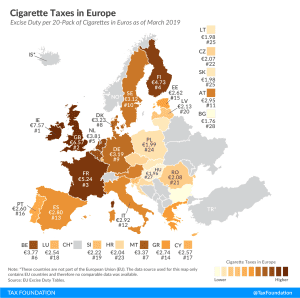
Cigarette Taxes in Europe, 2019
Today, Ireland and the United Kingdom levy the highest excise duties on cigarettes in the European Union (EU), at €7.57 (US $8.93) and €6.57 ($7.75) per 20-cigarette pack, respectively. This compares to an EU average of €3.09 ($3.64). In contrast, Bulgaria (€1.76 or $2.07) and Hungary (€1.96 or $2.31) levy the lowest excise duties.
3 min read